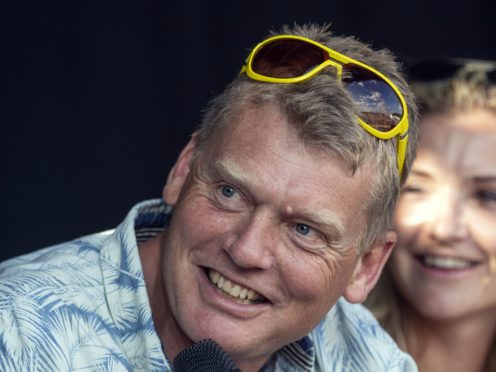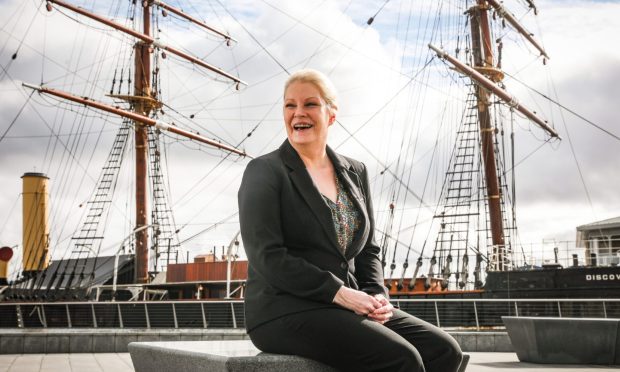Countryfile presenter Tom Heap has said environmentalism has failed and saving the planet should not be a personal choice.
The nature expert accused certain campaigners of being in “denial” about the voluntary sacrifices people will make to tackle environmental damage.
Heap said that only large-scale technological, financial and political change will make any difference in the climate struggle, and claimed campaigners “wagging their finger at the public is pointless”.
Writing in Radio Times magazine, the Costing The Earth contributor has claimed that while people cannot even give up foods and habits that are bad for them, sacrifices for the environment will be even more difficult to make.
He said: “Half a century of the environmental movement spouting denial has been a failure. We now drive more, fly more, eat more, heat more, waste more, cool more.
Discover how to say "Grandma, what big teeth you have" in Dutch. You may need it. The Wolf is Back @Costingtheearth 9pm @BBCRadio4 pic.twitter.com/BNmfLB12NM
— Tom Heap (@tomheapmedia) April 10, 2019
“Yet some campaigners still believe the present harm and future threat from climate change will achieve some mass conversion.”
The presenter has argued that people will hypnotically keep their old habits, and more impersonal action is needed to solve environmental issues.
He said: ”Proven success comes from technology, politics and financial pressure, preferably combined.”
The full article is available in Radio Times magazine, out on Tuesday.










